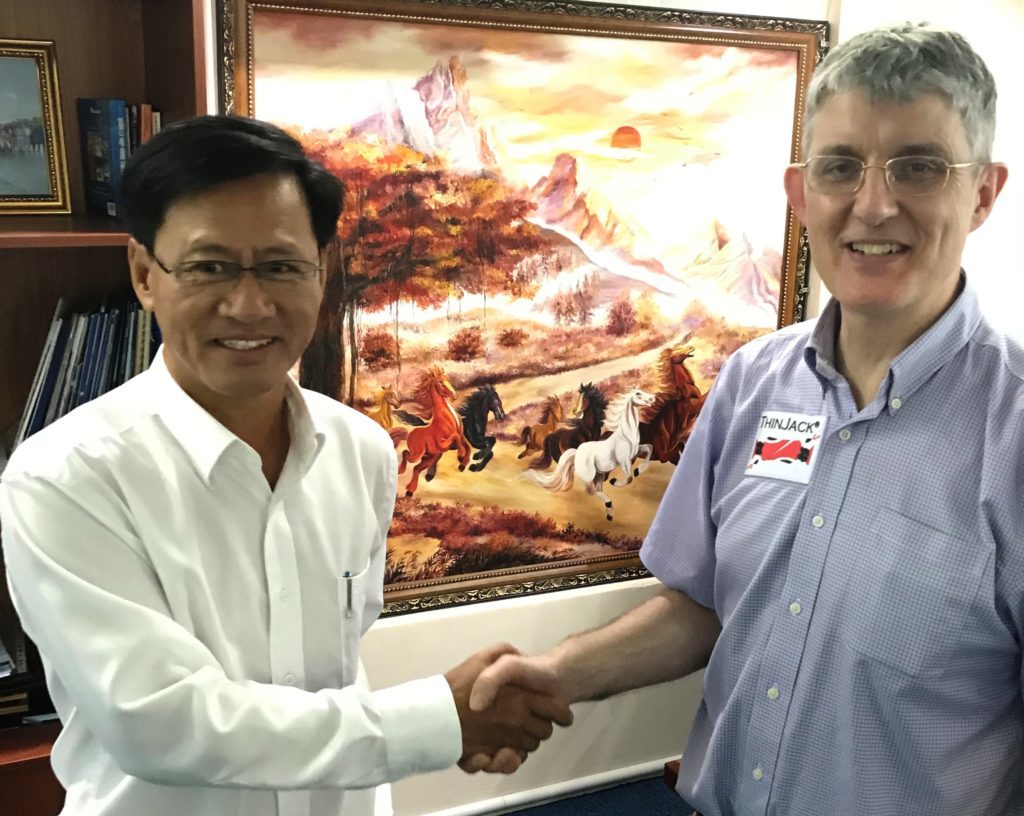
For many of us, travel has become an increasingly important part of modern business and current challenges have caused many to broaden their corporate and geographic horizons to bring about sustainability and growth, writes Guy Bromby, MD of ThinJack.
In a world where technology gives us access to untold amounts of information at our fingertips in nanoseconds, and communication has undoubtedly served to give the illusion of “shrinking” our planet, it would be easy to head out there, passport in hand ready to conquer a new marketplace armed with the results of internet search engine research.
In my own experience, there is a common thread which is woven throughout all international business transactions and that is cultural awareness: it is the seed from which all business grows – and where can we find the key to this business toolbox essential? Quite simply, it lies within people.
During my career, I have been continually reminded of the importance of people whether it be peers who offer a supportive ear to one’s endeavours, competitors who drive us on or the team around us which knits together to make it all happen.
The same is true when establishing or growing business overseas. People are your key and taking time to know and understand something of them and their culture is has continually stood me in good stead.
At some point in our lives, many of us will walk into a meeting having fallen into the trap of holding an almost automatic sense of expectation to some extent or another – the person receiving me as a visitor will shake my hand, they will probably speak English. For me, it’s important to go in with even a tiny bit of awareness of a custom or piece of business etiquette that is commonplace for businesses in the country I am visiting. Even taking the time to learn “please” and “thank you” in the language of a prospective client can still go a very long way!
Yes, it may not be easy. Yes, it may take time to research. No, a bit of cultural awareness won’t guarantee that doors are opened to your business. However, the factors which lie at the heart of this way of thinking form an ethos which I believe should run throughout each and every successful international business, regardless of sector – adaptability, humility, goodwill and, above all, the importance of relationships.
For me, Erin Meyer sums it up perfectly in her book The Culture Map (and the inter country cultural comparison tools on her website): “The sophisticated global manager learns how to adapt – to alter his behaviour a bit, to practice humility, to test the waters before speaking up, to assume goodwill on the part of others, and to invest time and energy in building good relationships. With a little luck and skill, it’s possible to be perceived as equally polite in Amsterdam, Jakarta, Moscow, Buenos Aires, Paris, or Two Harbors, Minnesota.”
Recommended for you
